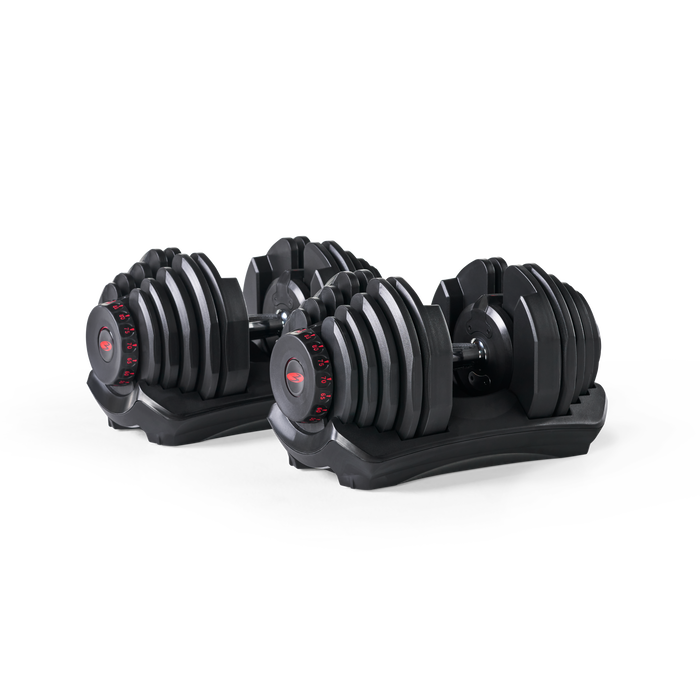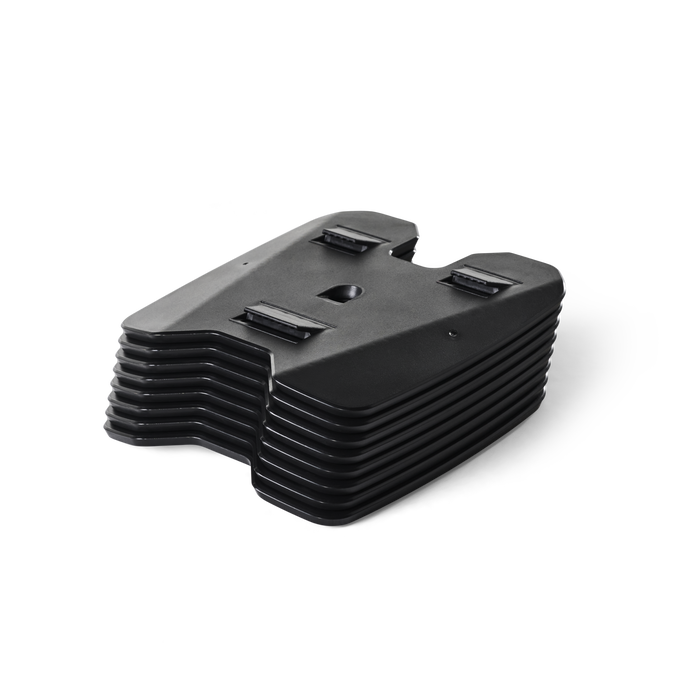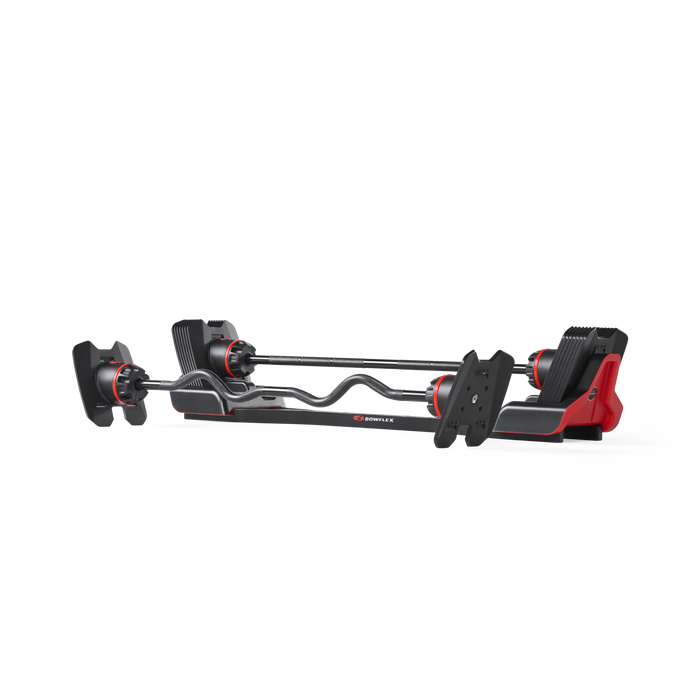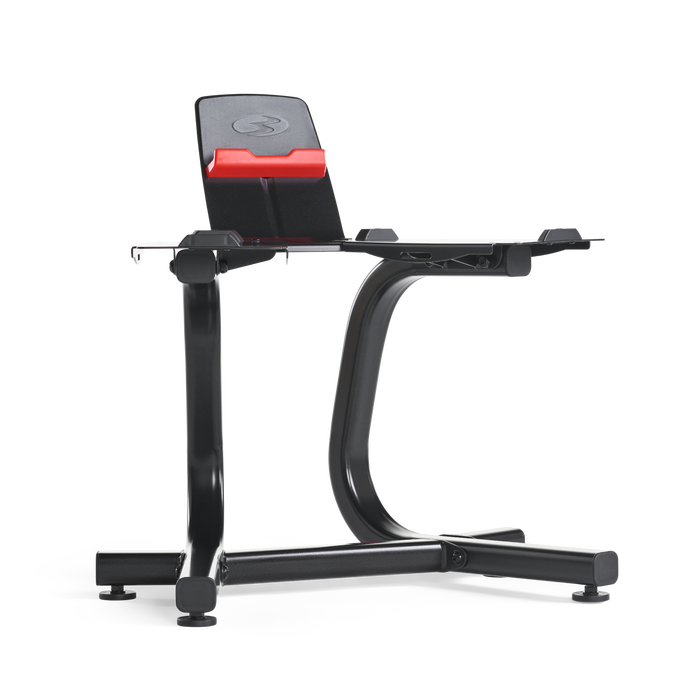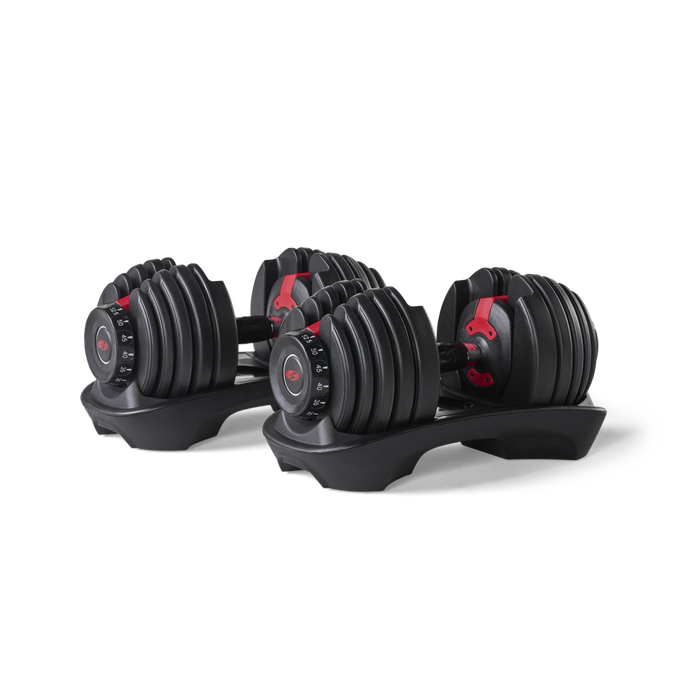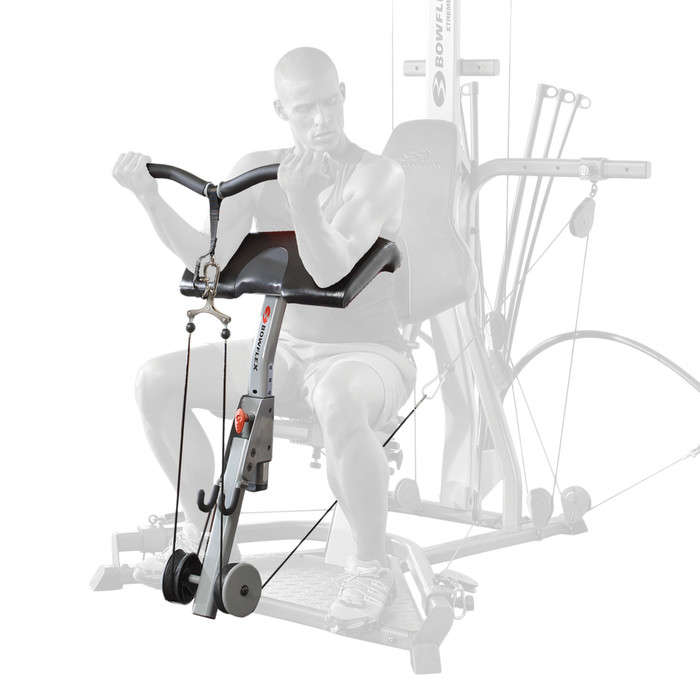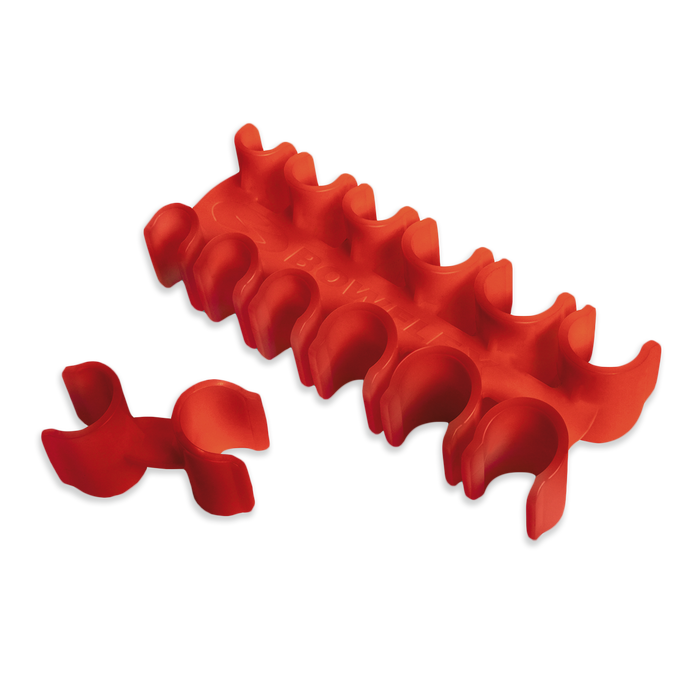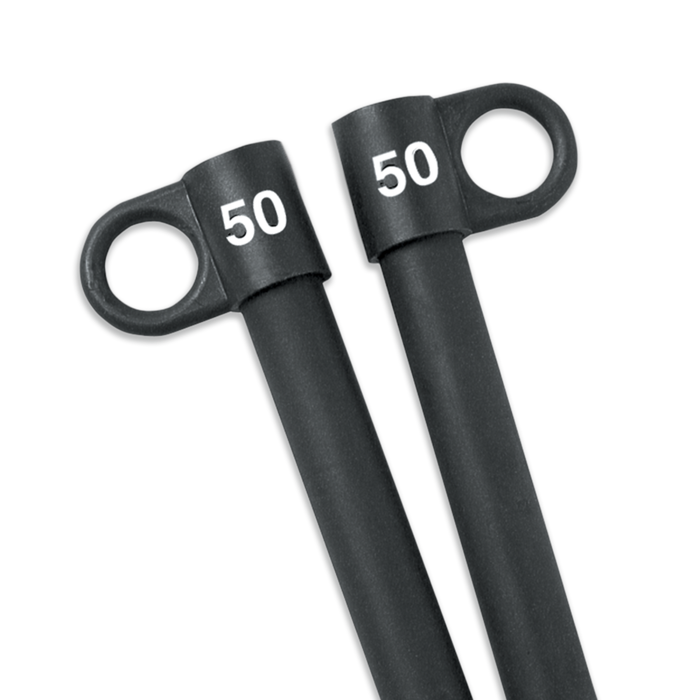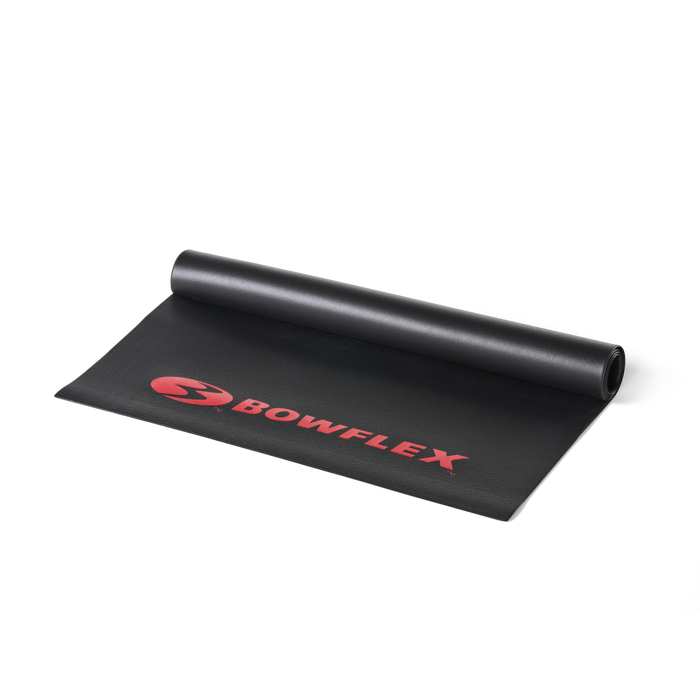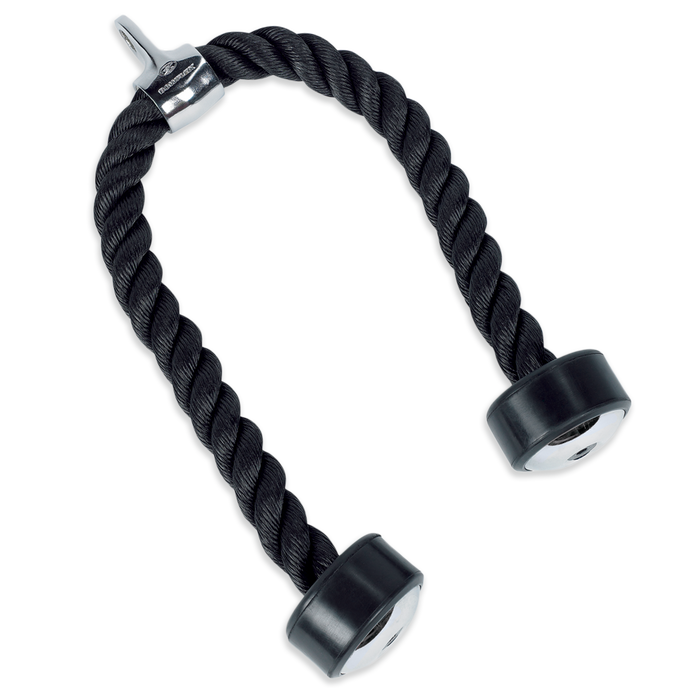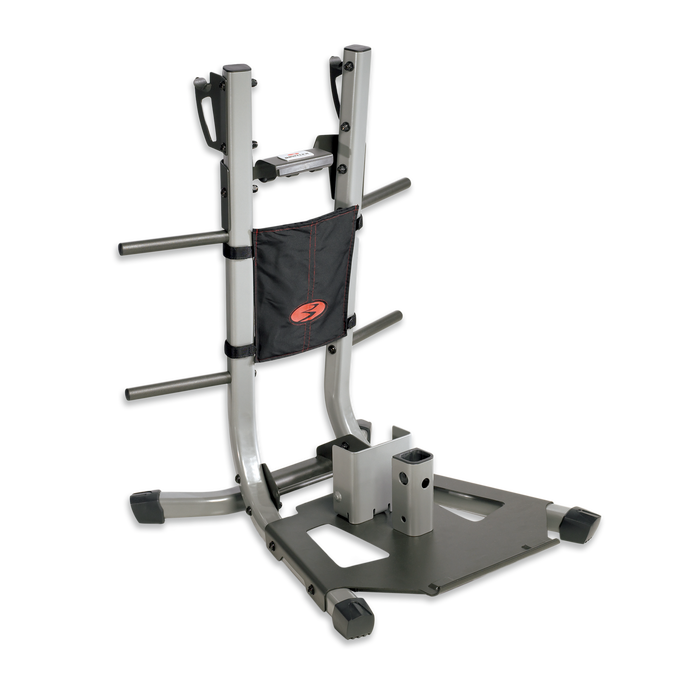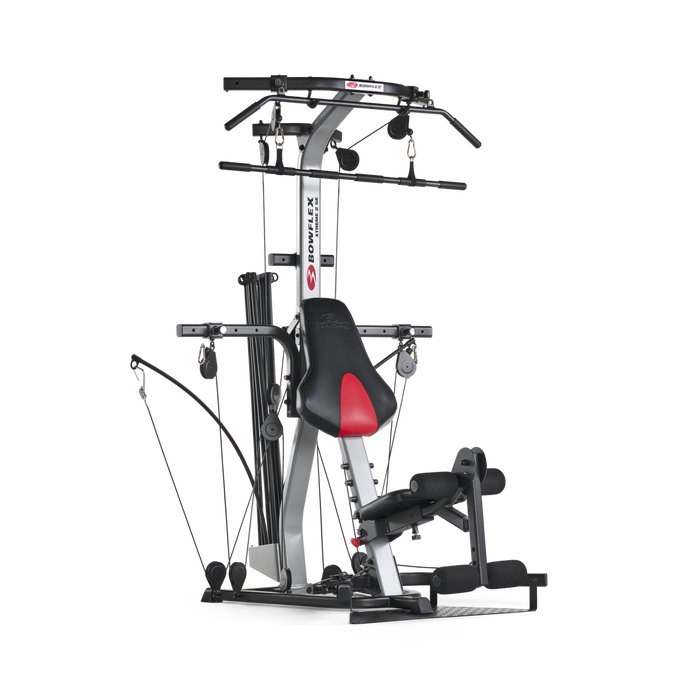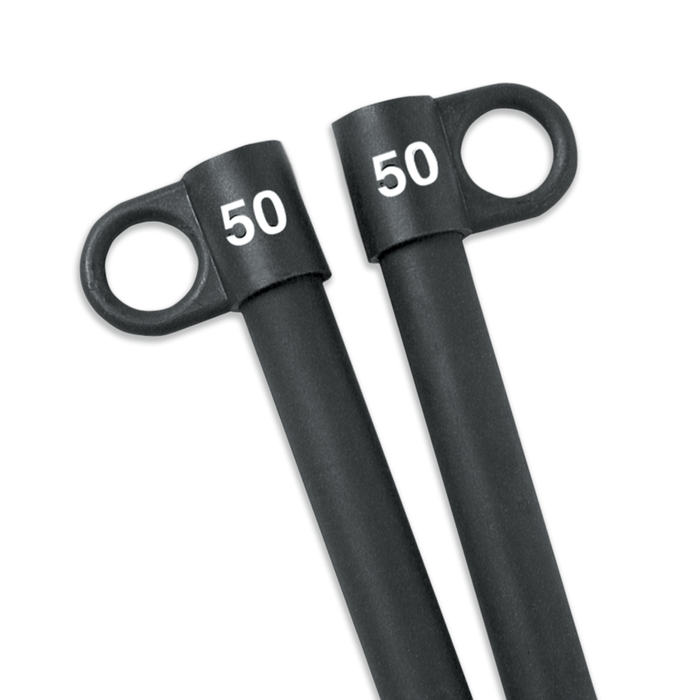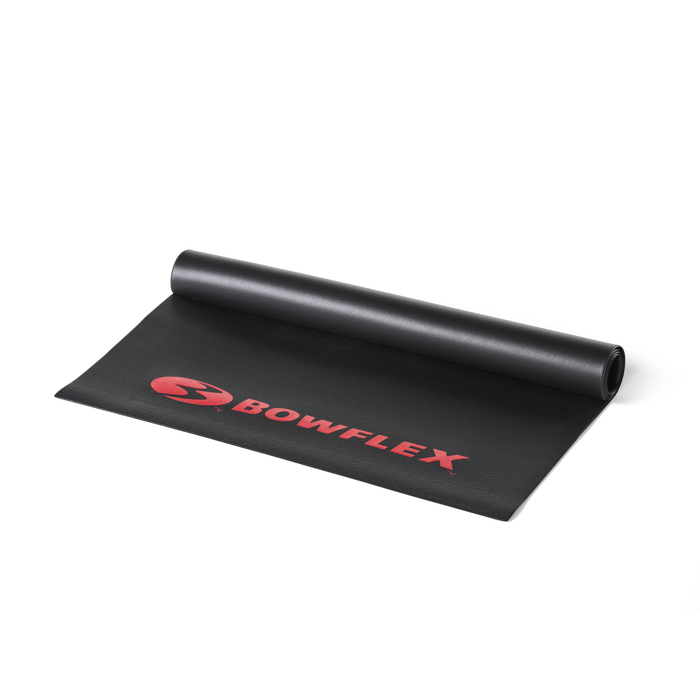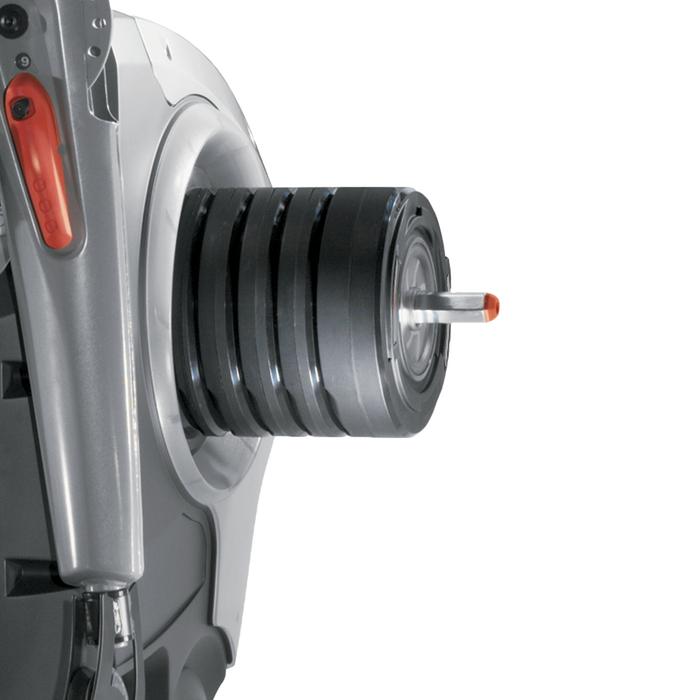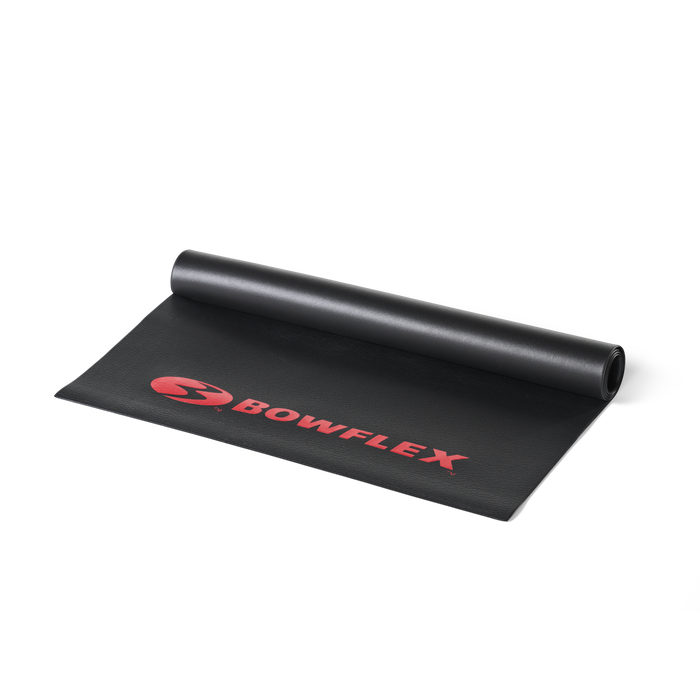The Importance of Vitamin D

Have you noticed how everyone seems to be taking Vitamin D supplements lately? Well, there are many good reasons for the popularity of D. Physician and Nutrition Specialist Dr. Adrienne Youdim, MD is currently Associate Professor of Medicine at UCLA David Geffen School of Medicine and Assistant Professor of Medicine at Cedars-Sinai Medical Center and had a lot to say on the subject.
Not enough D
Dr. Youdim explains that "Vitamin D is necessary for the absorption of calcium. Without it, we are at risk for soft bones… or osteoporosis and osteopenia. And a lack of Vitamin D can also cause muscle cramps." Eek. And in case you're wondering, "Vitamin D deficiency is rampant. Even in sunny California, the prevalence of Vitamin D deficiency is upwards of 60%. There are several reasons why. People are using more sunblock and involved in more indoor activities. That means less exposure to sunlight (see below). Also, vitamin D gets hidden in fat cells. In obese individuals, vitamin D gets diverted from the blood stream and cells."
Naturally D
Dr. Youdim also says that "We make vitamin D in the body from exposure to sunlight. Certain foods are fortified with vitamin D, meaning it is added back in during production, with milk and other dairy products being the most common. Vitamin D is also naturally present in fatty fish – salmon and tuna and fish liver oils, like cod liver oil, are best sources of natural Vitamin D. Beef liver and egg yolks are also sources, but in smaller quantities."
Or a supplement
Dr. Youdim says Vitamin D supplements come in 2 forms – D2 and D3. "Some Studies show that D3 may be a more potent form of supplementation, especially at higher doses. The dose of the supplement depends on the levels of Vitamin D in the blood. Some who are deficient (i.e. levels < 20) will require prescription doses (i.e. 50,000 IU/day). Those whose levels are at 20-29 can supplement with 1000-5000 IU daily, with obese individuals usually requiring higher doses to achieve normal goals."
Meanwhile, Dr. Youdim wants you to know that "Severe deficiencies are fairly common and food is often insufficient to replace D stores. It is recommended that people with severe deficiencies take supplements and use food for ongoing maintenance."
And I want to remind you that this article is for informational purposes only. You should consult with your own doctor before starting to use Vitamin D or any supplements!

